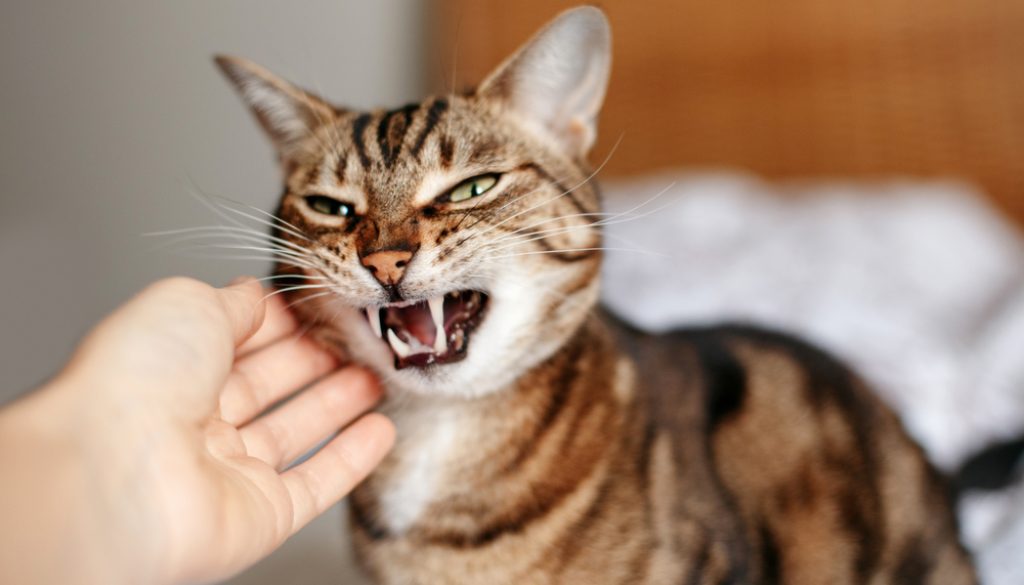Why is my cat scratching fur off neck? Stress and anxiety…

If you have a furry feline friend at home or in the workplace, you may have noticed them scratching their neck uncontrollably. It’s natural for cats to scratch themselves, but excessive scratching can be a cause for concern. One possible explanation is that your cat is suffering from skin irritation or allergies.
There are various reasons why your cat may be experiencing skin issues. Some common causes include fleas, mites, ringworm, and food allergies. However, one often overlooked cause is stress and anxiety.
Believe it or not, cats can experience a significant amount of stress in their daily lives. Unlike dogs who thrive on social interaction and constant attention, cats are more independent creatures. They prefer to have quiet and predictable routines with minimal changes.
Can stress and anxiety lead to excessive cat scratching?
When cats feel anxious or stressed, they have a natural instinct to groom themselves excessively as a way to cope with their emotions. This leads to the fur on their neck becoming thin or even falling out.
Reducing your cats stress to prevent scratching
To help reduce your cat’s stress levels, there are a few things you can do. First, make sure they have a comfortable and safe space to retreat to when they need alone time. This could be a quiet room or a cozy cat bed placed in a secluded area of your home.
Next, try to keep their daily routine as consistent as possible. Cats thrive on routine and predictability, so any major changes can cause them stress. If you do need to make changes, try to introduce them slowly over time. This will give your cat a chance to adjust and feel more comfortable.
You can also consider using pheromone sprays or diffusers in your home. These products mimic the calming hormones that cats release when they rub against objects, helping to create a sense of familiarity and comfort for your cat.
Another great way to reduce stress is by incorporating playtime into their daily routine. Not only does this provide mental stimulation and physical exercise, but it also helps to strengthen the bond between you and your cat. Additionally, make sure they have plenty of toys and scratching posts available to keep them entertained and prevent destructive behaviors.
If you notice that your cat’s anxiety is not improving with these methods or is becoming increasingly worse, it may be time to consult with a veterinarian. They can offer additional advice and possibly prescribe medication to help your cat manage their stress levels. At Workplace Pet, we care about the mental health of your pet and are here to help you find the best solutions for their needs.
We believe that with love and support, you can create a relaxed environment for your cat so they can live a happy life. With our expertise and resources, we strive to provide you with everything you need to keep your pet healthy and content in the workplace!


